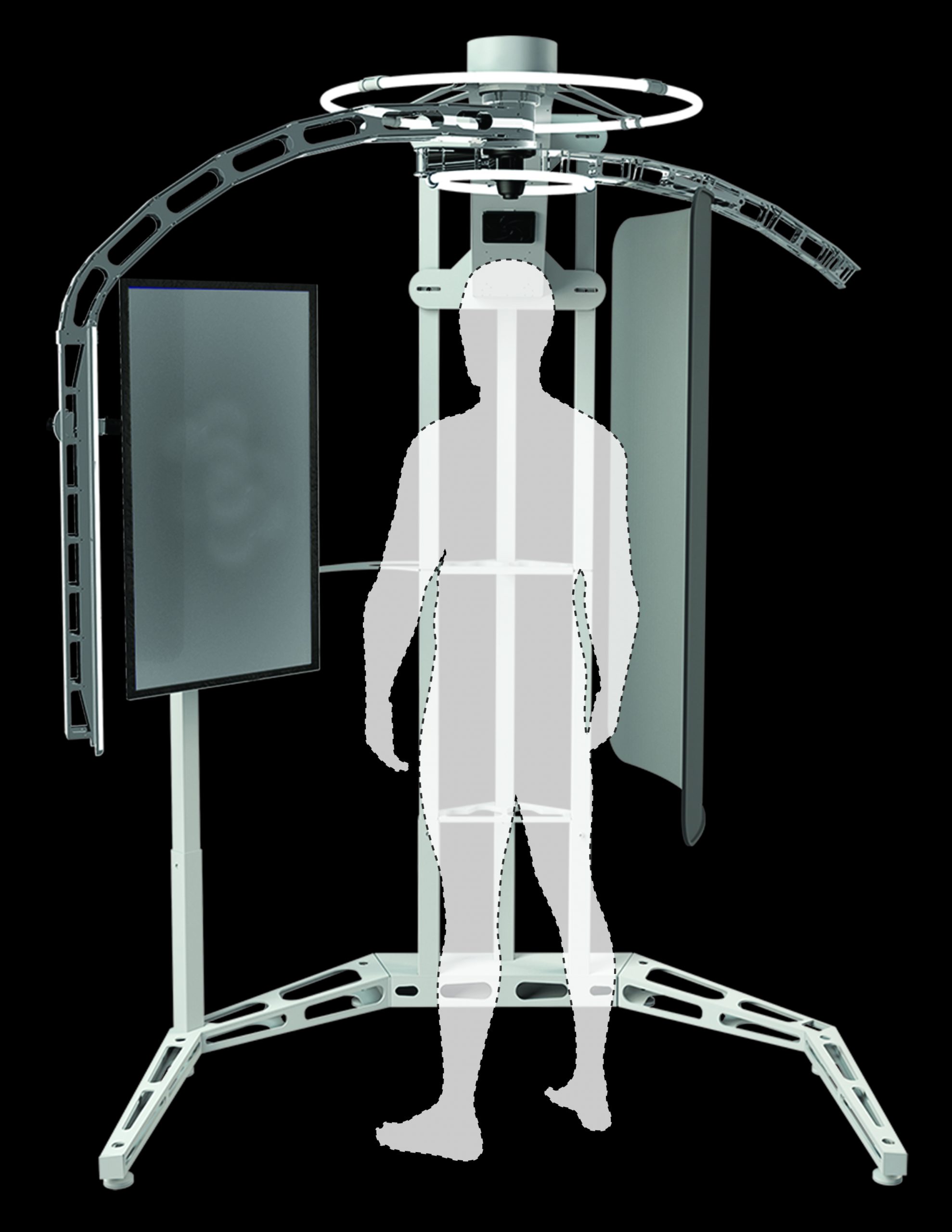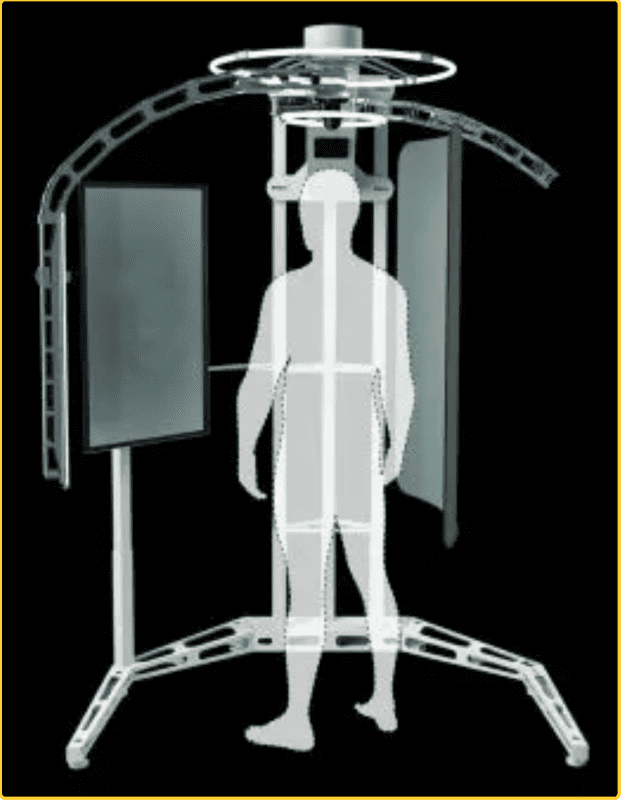By Dana Corddry
As we enter cautiously into a post-covid era, several key questions have been circulating for months within the healthcare industry: How can we make telemedicine as effective as in-person consults? What are the limitations of not being able to see patients in-person? How can we monitor patient recoveries and/or processes remotely? At what volume will we be able to execute remote robotic surgical procedures? — and many more queries, have been on the minds of leading medical experts and hospital administrators worldwide.
Statistically, an unprecedented number of medical treatments, including preventative healthcare appointments requiring in-office visits, were postponed or canceled entirely during the past 12+ months, due to safety and social distancing worries, leaving both patients and healthcare professionals with concerns as to how health practices might resume effectively in the future. Luckily, while some of us quarantined, companies like oVio Technologies, in Newport Beach, California, were hard at work staying ahead of the curve. Founded in 2015, oVio is a technological pioneer in 360-degree dimensional imagery. Its existing patented oVio360TM platform captures 360 images at 1° increments, providing 4- or 8-megapixel image formats that can be fully annotated and shared, in addition to compiling a video from the images. oVio also supports an API for integration with existing databases and systems. The entire image capturing process takes only twelve seconds.
Unsurprisingly, oVio’s imaging technology has been heavily used and adopted by medical practitioners in cosmetic and elective surgery specialties, allowing for patients to have 360-degree views of everything from before-and-afters to prospective post-op results. Their existing products are well-established as an invaluable resource to doctors providing cosmetic surgery, skincare, hair replacement treatment, and other services to their clients.
Perhaps even more impressively, oVio recently announced that they have entered into a potentially ground-breaking agreement with global AI leader Acryl, Inc., who will embed their image/video analysis AI software in oVio’s 360TM platforms and future products, and include technology to compute human dimensions and recognize skin anomalies including scars, marks, and tattoos. Burns, moles, and other skin features can also be added to the recognition model to enable automated AI/machine learning analysis. By analyzing oVio’s dimensional imagery, the AI model can determine anatomical changes over time.
These efforts, already begun at Acryl, will broaden the usefulness of oVio’s imaging products, introducing them to clients in the Security sector, where the device can be used to improve work flows. Acryl Inc., a Korea-based company, specializes in advanced AI technology. The noteworthy combination of these two technologies will culminate in a new dimensional imaging device, capable of detecting changes in skin and analyzing these features over extended periods of time. The combination of high-fidelity 360- degree imagery with human-anatomy AI provides significant value to applications in multiple sectors, such as medicine & healthcare, identity management & security.

Just one significant effect of the marriage of oVio and Acryls’ respective technologies is a likely notable reduction in the volume of skin cancer cases globally, as the new 360-degree imaging device will be capable of skin analysis, noting changes in the size of a mole over the full lifetime of a patient. Another strength this new model already in development will offer is an expanded ability to remotely monitor patients. For example, U.S. troops who are healing from injuries on foreign soil may now be able to have their wounds and/or other injuries monitored in real-time, from oceans away, and without necessitating additional communications, with their inherent delays, between international hospitals and healthcare workers.
Beyond aesthetics and healthcare, the potential bounds of the new AI-enhanced oVio products is limitless. In the security sector, the technology can be used to accurately identify employees, to help entities maintain high-security parameters by regulating entry to limited-access areas.
George Rebensdorf, CEO of oVio, stated. “We are fortunate and gratified to be able to work with Acryl, an acknowledged global leader in AI technologies. We believe the integration of our areas of expertise can create products that can make the world better, smarter, and safer.”
oVio is a technological leader in 360-degree dimensional imagery. Founded in 2015 and based in Newport Beach, California, oVio provides high output, data-rich, 2D and 3D hi-resolution image files in combination with advanced analytical tools, operating as a data platform serving multiple sectors in advanced visual recognition software and technology. oVio’s efficient 360-degree imaging technology brings speed and efficiency to imaging processes that have previously required laborious manual work flows.
